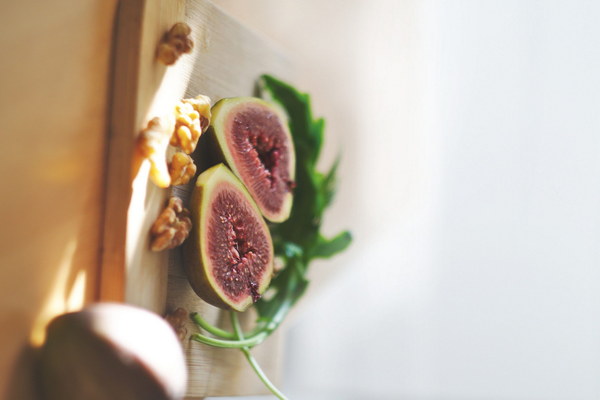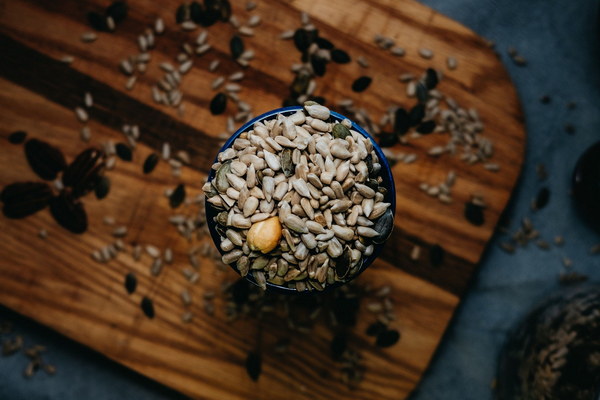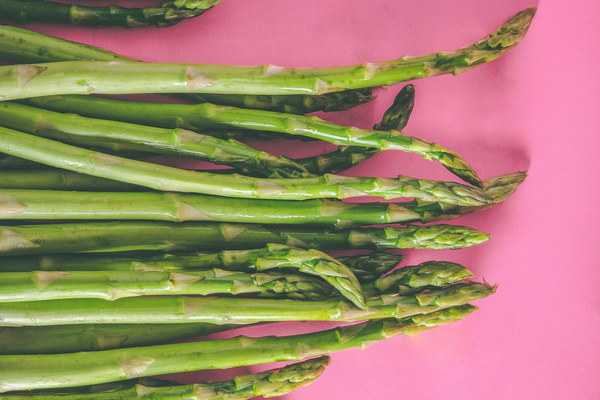Nature's Remedies Exploring Herbs for Lung Cleansing, Moisturizing, and Cough Relief
In the realm of traditional medicine, there exists a wealth of natural remedies that have been used for centuries to promote lung health and alleviate respiratory issues. Among these, herbs known for their ability to clear the lungs, moisturize the respiratory system, and soothe coughs have gained popularity for their efficacy and safety. This article delves into the world of lung-cleansing, lung-moisturizing, and cough-relieving herbs, exploring their properties, benefits, and traditional uses.
1. Mullein (Verbascum thapsus)
Mullein, a biennial herb with a long history of medicinal use, is renowned for its ability to soothe the respiratory tract. The leaves, flowers, and roots of the mullein plant are commonly used to treat coughs, bronchitis, and other respiratory conditions. Its mucilage content helps to coat and protect the throat, while its expectorant properties aid in loosening and expelling mucus.
2. Horehound (Marrubium vulgare)
Horehound, a member of the mint family, has been used traditionally to treat various respiratory ailments. Its leaves contain compounds that act as expectorants and demulcents, helping to clear mucus from the lungs and soothe the throat. Horehound is often used in combination with other lung-cleansing herbs to enhance its therapeutic effects.
3. Thyme (Thymus vulgaris)
Thyme, a fragrant herb commonly used in cooking, also possesses potent medicinal properties. Its essential oil contains thymol, a compound that has antiseptic and expectorant properties. Thyme is often used to treat bronchitis, coughs, and other respiratory infections due to its ability to promote the flow of mucus and inhibit the growth of bacteria.
4. Marshmallow (Althaea officinalis)
Marshmallow, with its high mucilage content, is a popular herb for soothing and moisturizing the respiratory tract. Its demulcent properties help to coat and protect the throat, while also promoting the production of saliva and mucus. Marshmallow is often used to treat coughs, sore throats, and other respiratory conditions.
5. Licorice (Glycyrrhiza uralensis)
Licorice root is a staple in traditional Chinese medicine and has been used for centuries to treat respiratory issues. It contains glycyrrhizin, a compound that has anti-inflammatory and expectorant properties. Licorice root is often used to treat bronchitis, coughs, and other respiratory infections, as well as to soothe the throat.
6. Elecampane (Inula helenium)

Elecampane, a biennial herb with a bitter taste, is known for its ability to stimulate the respiratory system and promote expectoration. It contains inulin, a prebiotic that helps to support the growth of beneficial gut bacteria, which can indirectly improve respiratory health. Elecampane is often used in combination with other lung-cleansing herbs to enhance its therapeutic effects.
7. Eucalyptus (Eucalyptus globulus)
Eucalyptus, a widely used essential oil, is well-known for its ability to clear respiratory passages and soothe coughs. Its volatile oils have antimicrobial and expectorant properties that help to break down mucus and relieve congestion. Eucalyptus can be inhaled as a steam or applied topically in a diluted form for respiratory relief.
Using Lung-Cleansing, Lung-Moisturizing, and Cough-Relieving Herbs
When using these herbs, it's essential to consult with a healthcare professional, especially if you have pre-existing health conditions or are taking medication. Many of these herbs can interact with medications and may not be suitable for everyone.
Herbs can be consumed in various forms, including teas, tinctures, capsules, and extracts. For example, you can brew mullein or horehound tea by steeping the dried leaves in hot water. Thyme and licorice can be taken in tincture form, while eucalyptus can be inhaled as a steam or used in a diffuser.
In conclusion, lung-cleansing, lung-moisturizing, and cough-relieving herbs offer a natural and effective way to support respiratory health. By understanding their properties and benefits, you can incorporate these traditional remedies into your wellness routine and enjoy their many benefits.









